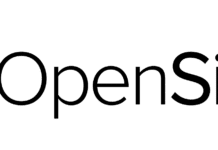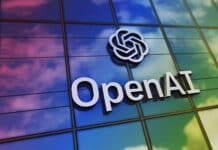Discover the future of the machine learning sector and explore how the Open Invention Network can pave the way for a smooth, risk-reduced journey to innovation and progress in the sphere of ML and AI.
In recent research, the machine learning (ML) sector is projected to burgeon to a staggering $209 billion by the year 2030, mirroring the escalating integration of ML technologies across diverse industries including healthcare, automotive, and media. Primarily nestled under artificial intelligence (AI), machine learning facilitates computers with the autonomous capability to assimilate new information without human intervention.
The current trajectory of ML is underscored by the attributes of open-source software platforms, such as OpenAI and Meta’s Llama. These platforms offer swift data analysis, trend spotting, and the generation of actionable intelligence. Open-source software also presents training and interface tools, readily accessible to users keen on leveraging the expansive potential of ML and AI.
A synergy is observed with the Python programming language, which, despite its existing tenure in the technology space, now emerges as a formidable ally in AI/ML development. Python’s binding and high-level, intrinsic data structures amplify its appeal for swift application development, making it the preferred choice for building, training, and deploying ML platforms.
An increase in the potential risk of patent litigation accompanies the substantial growth of the ML and AI sectors. Addressing this concern is the Open Invention Network (OIN), which has dedicated itself to mitigating such risks, fostering a protective sphere around the open-source community against patent aggressions. OIN presently encompasses over 3,800 members, making it the largest patent non-aggression community in recorded history.
OIN CEO Keith Bergelt, emphasized the role of open-source software over the past two decades, heralding Python as a vital tool in ML platform development. He noted that OIN furnishes its members with complimentary cross-licenses for over 200 essential Python components and libraries, significantly lowering patent risks for companies developing in ML and AI.
OIN operates on a Linux System definition, elucidating the specifics of the software packages and components enveloped within its cross-license framework. By enrolling in the OIN community, companies stand to benefit from a substantial reduction in patent-related risks, at no additional costs, paving a smoother pathway to innovation and technological advancement in the bustling domain of ML and AI.
















































































